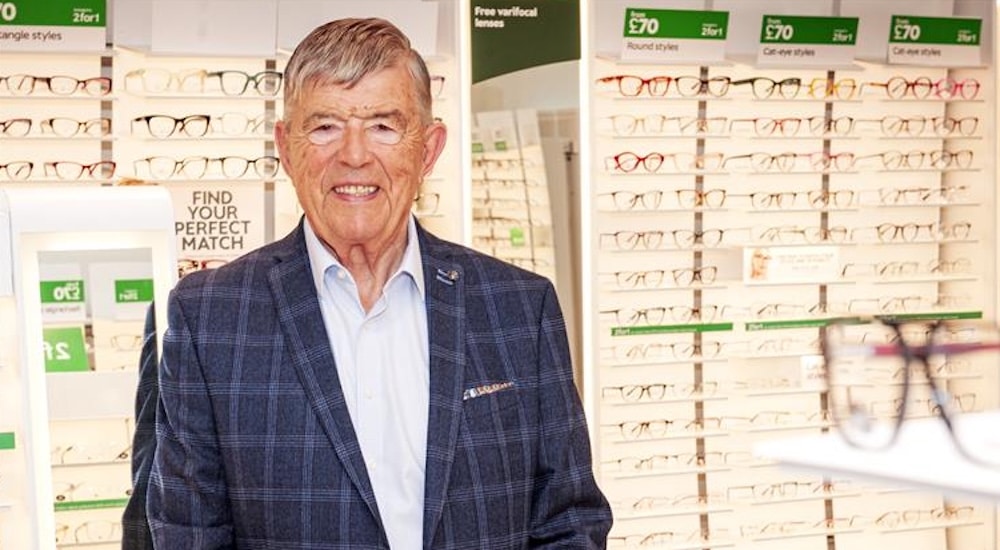National Academies of Sciences Issues Groundbreaking Report on Hearing Healthcare
Report
On June 2, the National Academies of Sciences, Engineering & Medicine (formerly known as the Institute of Medicine) issued a potentially groundbreaking report on improving access and affordability of hearing health care for adults.
The committee has been working well over a year, compiling a range evidence and opinion to support their recommendations to improve the delivery of hearing care services to all adults with hearing loss.
Dan Blazer of Duke University, chair of the 17-member committee, provided a 15 minute overview of the report, which included 12 recommendations. Committee members in attendance and providing commentary on the report were Nicole Marrone of the University of Arizona, Frank Lin of Johns Hopkins School of Medicine, and Brenda Battat of the Hearing Loss Association of America and attorney Ellen Flannery.
Dr. Blazer provided context to the committee’s recommendations by citing evidence from the literature indicating that approximately 13% of individuals aged 12 and older have some degree of hearing loss and between 67% to 86% of adults aged 50 and over with hearing loss don’t use hearing aids. Further, Dr. Blazer mentioned that hearing loss of adult onset is associated with several co-morbidities, such as dementia & depression. For these reasons, according to the committee, hearing loss is a significant public health concern, and efforts should be made to provide adults with easier access to more affordable options for hearing health care, especially for those in underserved and vulnerable populations.
The committee cited the high costs of hearing aids, lack of insurance coverage, the stigma associated with wearing hearing aids, and limited awareness of available options as barriers to accessing hearing health care.
Additionally, the committee encouraged key stakeholders to evaluate and implement innovative hearing health care models to provide a greater range of solutions that improve quality and promote unbundling of services.
Committee Offers 12 Recommendations
Given the vital nature of hearing to communication and overall quality of life, as stated in their report, the committee made the following 12 recommendations, which the FDA, other governmental bodies and professional organization can take into consideration:
- Improve population-based information on hearing loss and hearing health care
- Develop and promote measures to assess and improve quality of hearing health care services
- Remove FDA’s regulation for medical evaluation or waiver of that evaluation prior to hearing aid purchase
- Empower consumers and patients in their use of hearing health care
- Improve access to hearing health care for underserved and vulnerable populations
- Promote hearing health care in wellness and medical visits for those with concerns about their hearing
- Implement a new FDA device category for over-the-counter wearable hearing devices
- Improve the compatibility and interoperability of hearing technologies with communications systems and the transparency of hearing aid programming
- Improve affordability of hearing health care by actions across federal, state, and private sectors
- Evaluate and implement innovative models of hearing health care to improve access, quality, and affordability
- Improve publicly available information on hearing health
- Promote individual, employer, private sector, and community-based actions to support and manage hearing health and effective communication
The complete 379-page report can be accessed here.



